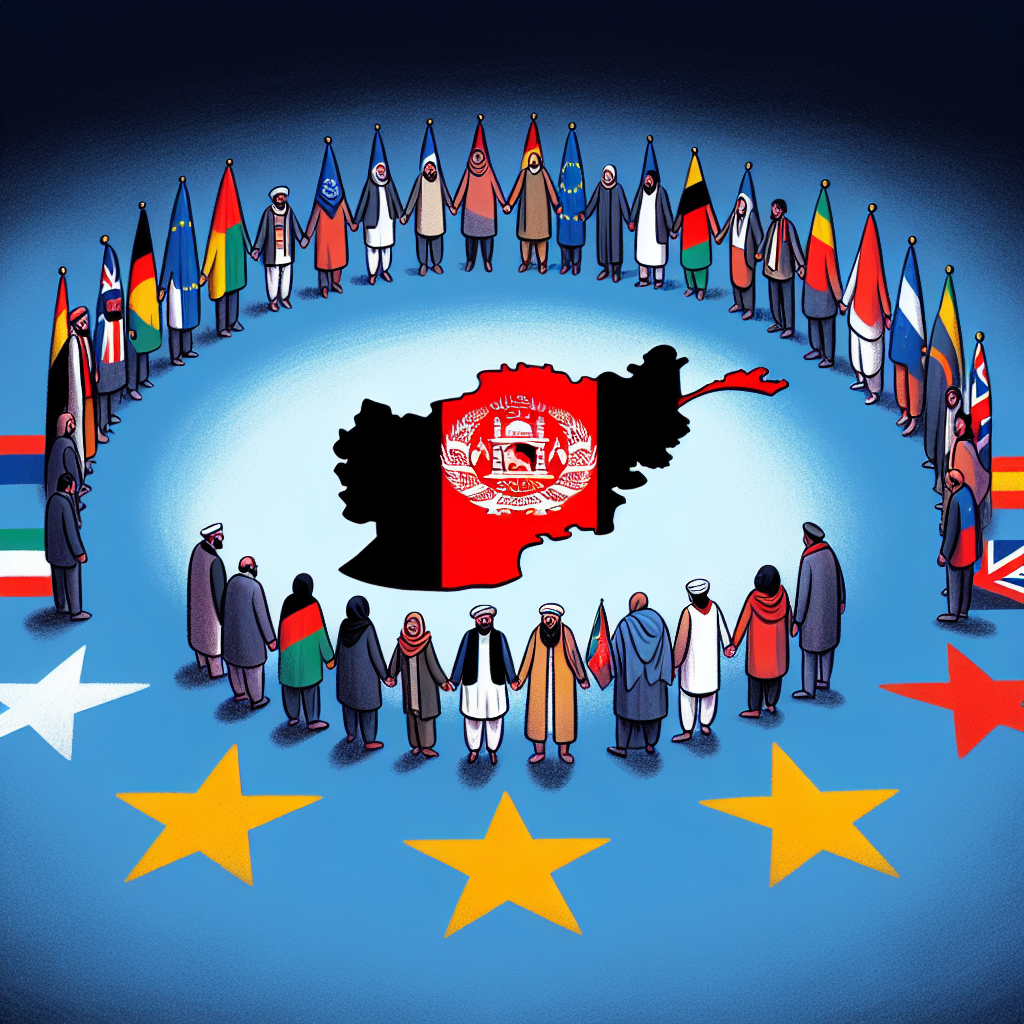EU Reaffirms Commitment to Afghan Support on Migrants Day
EU Pledges Continued Support for Afghanistan on Migrants Day
Introduction
The European Union has reiterated its commitment to supporting Afghanistan, particularly in the context of migration challenges, during the observance of Migrants Day. This announcement underscores the EU’s ongoing efforts to address the humanitarian and socio-economic issues faced by Afghan migrants.
Key Points of the EU’s Commitment
- The EU aims to provide substantial humanitarian aid to Afghanistan, focusing on immediate relief and long-term development.
- Efforts are being made to enhance the living conditions of Afghan migrants both within Afghanistan and in neighboring countries.
- Collaboration with international organizations and local partners is a priority to ensure effective implementation of aid programs.
- The EU is also working on policies to facilitate safe and legal migration pathways for Afghans.
Challenges and Strategies
The EU acknowledges the complex challenges faced by Afghan migrants, including security concerns, economic instability, and limited access to basic services. To address these issues, the EU is adopting a multi-faceted approach:
- Strengthening border management and security cooperation with Afghanistan’s neighbors.
- Investing in education and vocational training programs to improve employment opportunities for Afghans.
- Promoting regional stability through diplomatic engagement and conflict resolution initiatives.
Conclusion
The EU’s reaffirmation of support for Afghanistan on Migrants Day highlights its dedication to addressing the migration crisis through comprehensive aid and policy measures. By focusing on humanitarian assistance, development, and regional cooperation, the EU aims to improve the lives of Afghan migrants and contribute to long-term stability in the region.
In summary, the EU’s commitment to Afghanistan involves a blend of immediate relief efforts and strategic initiatives aimed at fostering sustainable development and security. This approach reflects the EU’s broader goal of supporting vulnerable populations and promoting global stability.





